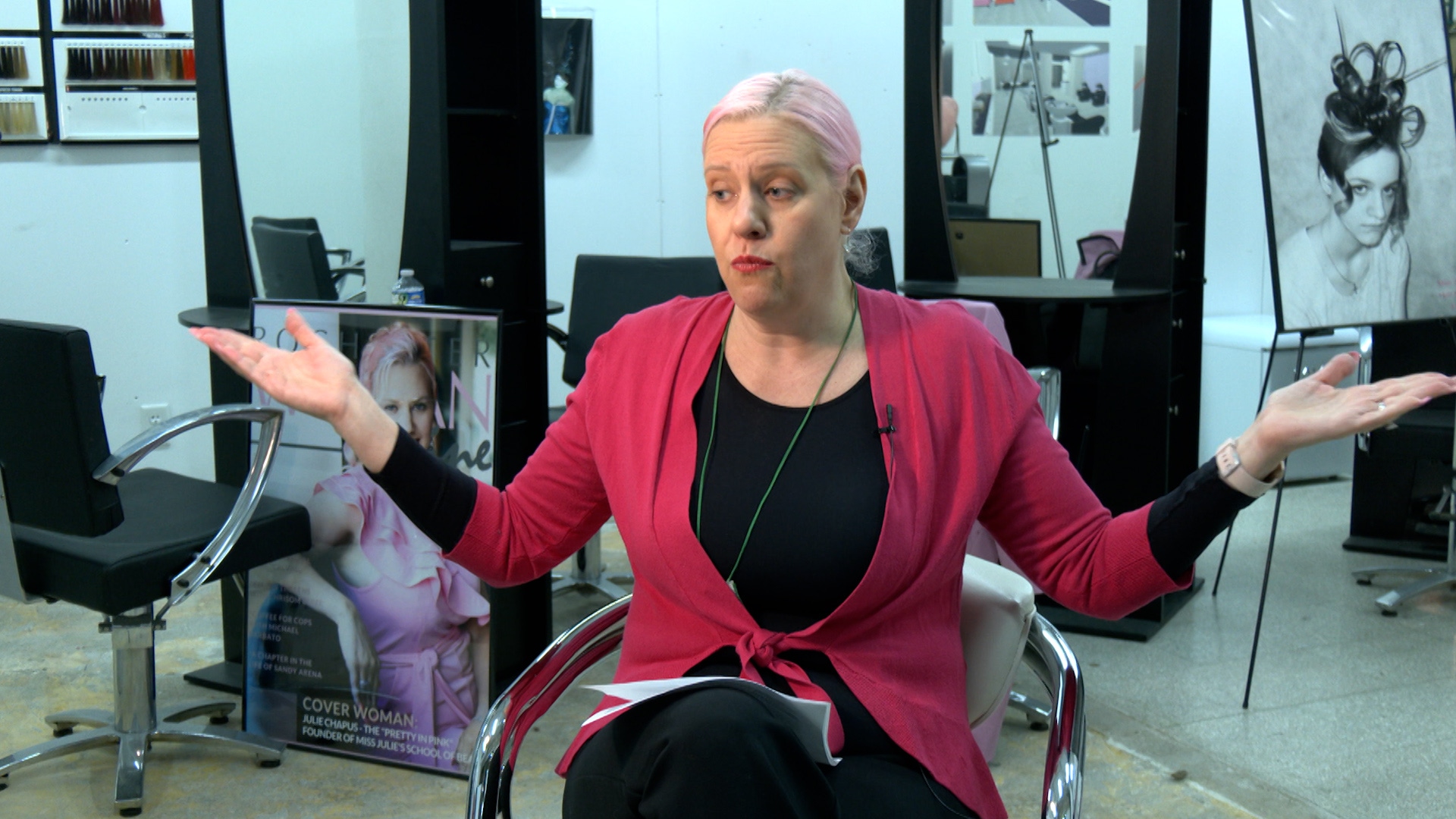Rochester universities, sex trafficking survivor school face major setbacks from federal funding caps, freezes

ROCHESTER, N.Y. – The decisions from the White House to freeze federal money are trickling down to the streets of our city and getting warnings from our major universities.
The University of Rochester and Rochester Institute of Technology warned today that the sudden caps on federal research funding threaten jobs and people’s health.
At a news conference at the University of Rochester Medical School with Senator Kirsten Gillibrand, the president of the University of Rochester, the CEO of URMC and the vice president of RIT said the caps on funding would cut a combined $50 million.
The surprise rule from the National Institutes of Health last Friday caps the amount of money the school can spend on the things and people that support the research.
“In short, arbitrarily and abruptly cutting ground breaking research that has lead to countless breakthroughs that save, extend and improve human lives is no way to make government more efficient,” said Sarah Mangelsdorf, President of the University of Rochester. “Our cut alone would be estimated, for just a single year, as a $40 million cut.”
Senator Kirsten Gillibrand, (D) New York, said, “What they are doing is illegal, unconstitutional and it is wrong.”
The directive from the NIH says most of the money should go to the actual research, not overhead. The University of Rochester and RIT are the number one and number five employers in the region. Combined they have 35,000 people working for them.
But it’s not just the big institutions getting affected here. It’s also the little guy trying to help people who find themselves helpless.
Julie Chapus, a social worker, got one of seven contracts in New York from the Centers for Disease Control and Prevention to help victims of sex trafficking. She wants to start a beauty school inside the Sibley Building at Liberty Pole.
“The goal was to be able to open up a school where I can bring in people who have been trafficked, free of charge to them, help them build skills, help them get legitimate license from New York State,” said Julie Chapus, Miss Julie School of Beauty.
Berkeley Brean, News10NBC: “How much money are we talking about?”
Julie Chapus: “It was a grant that was going to be $170,000 every year for four years. We only got three months into this and everything has come to a halt.”
Berkeley Brean: “So the funding you were promised money in the form of a grant…”
Julie Chapus: “Yes.”
Berkeley Brean: “And now that money is now frozen.”
Julie Chapus: “It’s frozen.”
Chapus says the federal funding would pay a full time staffer, give stipends to survivors to continue their recovery, help with local anti-trafficking agencies, and get survivors a cosmetology license.
A report by the federal Department of Health and Human Services shows hotspots of trafficking in New York. There is a red spot above Rochester.
“People tell me all the time – why do we need your school? We don’t need a school for refugees. And I’m like, ‘wow! We can’t even afford to bring in refugees. We’re talking about people that have been trafficked right here in Rochester. Born and raised,'” said Chapus.
“And here we are. We’re just in la la land I guess, just waiting around to see what are the geniuses in Washington going to do now?” Chapus added.
Chapus says she does have local support and is trying to start up the project on a shoe-string budget. News10NBC contacted the CDC to find out what’s behind the funding freeze but did not receive an answer.
A.I. assisted with the formatting of this story. Click here to see how WHEC News 10 uses A.I.